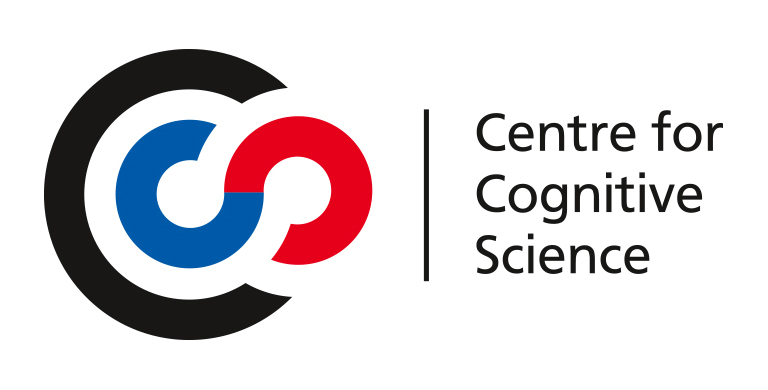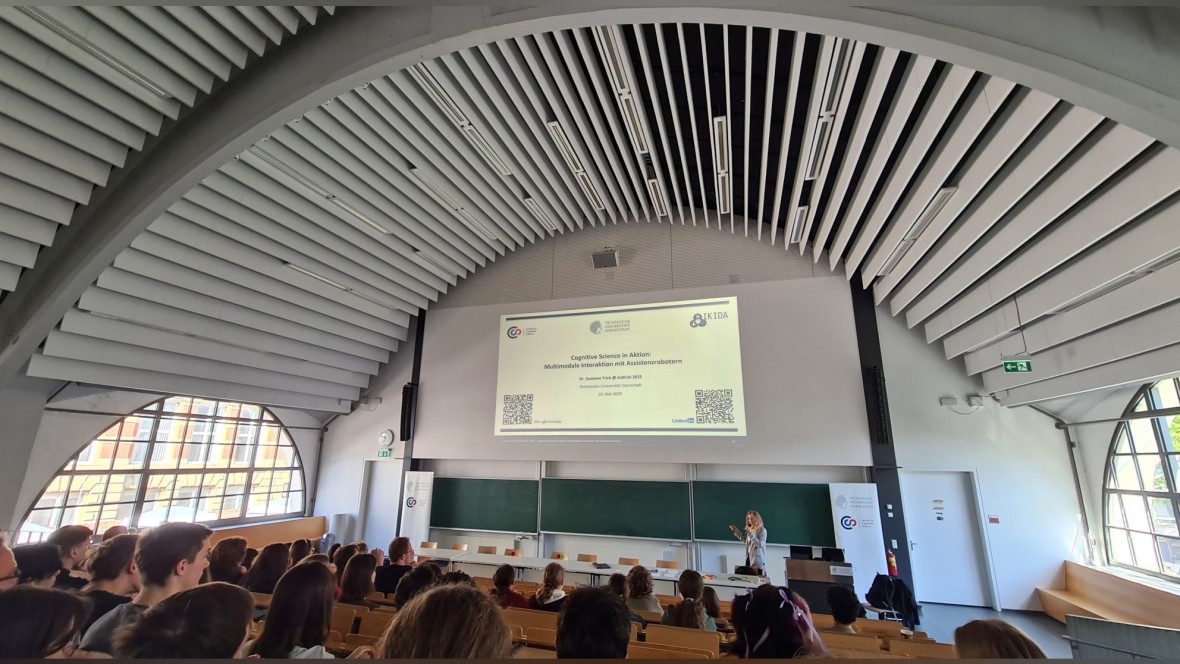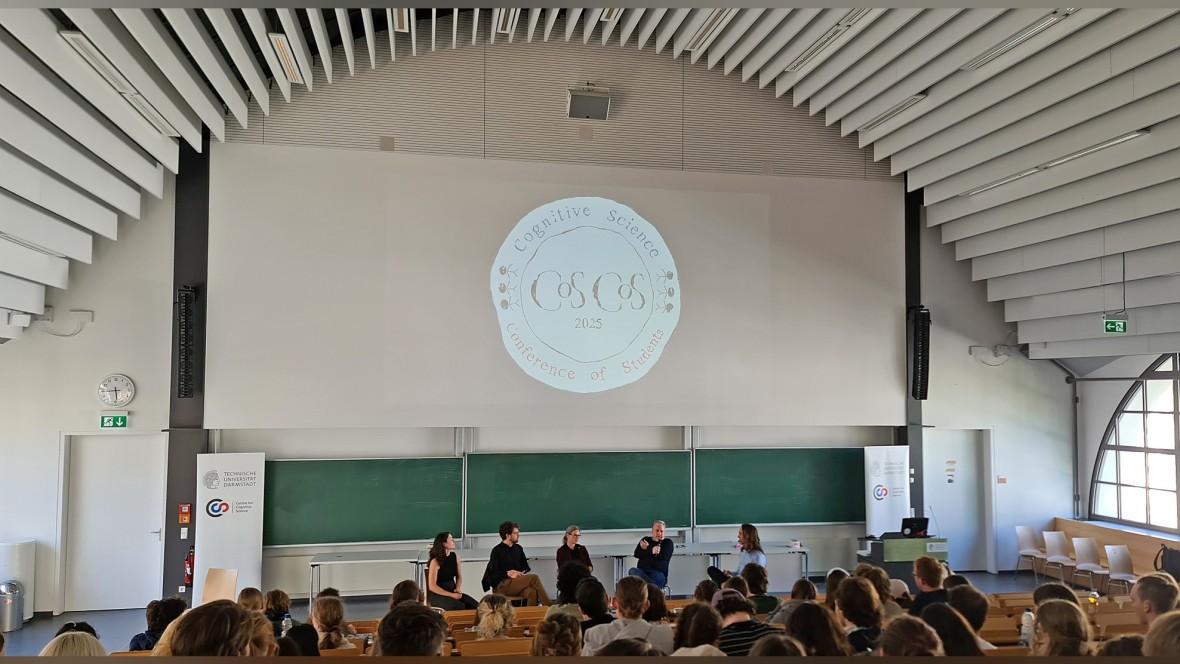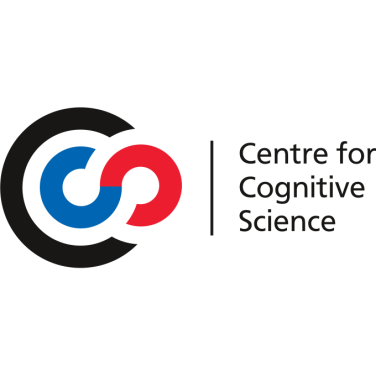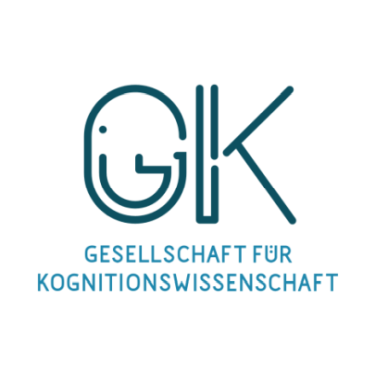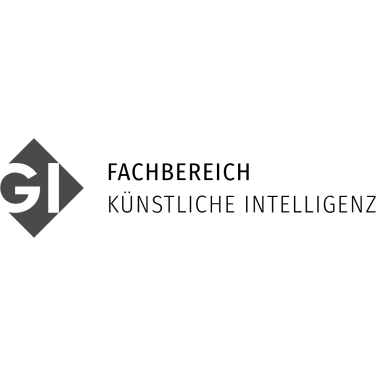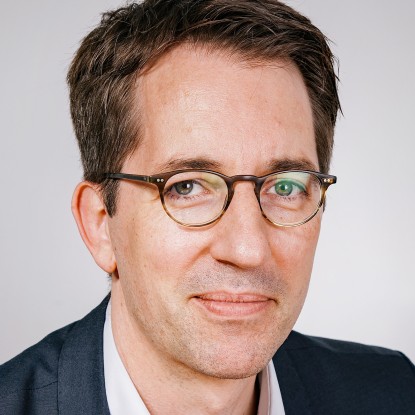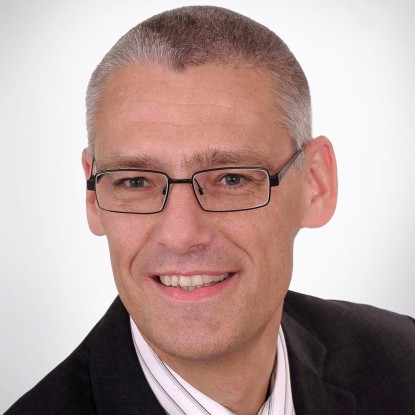Successful CoSCoS 2025
2025/05/15
(in German below)
The first Cognitive Science Conference of Students (CoSCoS 2025) took place at TU Darmstadt on the weekend of May 9-11, 2025. Born from the initiative of committed Darmstadt Cognitive Science students, CoSCoS created a special space for professional and personal exchange between the ~120 students and other guests from all over Germany, with participants from Osnabrück, Tübingen, Potsdam, Kaiserslautern and, of course, Darmstadt. With a low-threshold concept, free participation, catering and overnight accommodation for external guests, it was possible to successfully appeal to students in lower semesters in particular. A good ¾ of the participants were Bachelor students.
At several lectures and an interdisciplinary panel discussion on the future of cognitive science and artificial intelligence, participants were able to engage in discussions with the speakers and panelists. In addition to the academic programme, there were a variety of workshops and interactive group projects organized by students for students.
The very positive feedback from CoSCoS participants has encouraged the conference organization team: planning for the next CoSCoS is already underway!
Thanks and Impressions
It was a pleasure and honor to host CoSCoS 2025. We would like to thank all participants, contributors and supporters!
We hope that this student conference can establish itself as a new tradition in the vision of a networked, open and future-oriented cognitive science community – preferably across all locations in Germany.
The organizers:
Niklas Dillen, Sabine (Nea) Dotterer, Lucian Geiss, Matilda Gießing, Nikolas Meyer, Hannes Reiber, Anna Riegelmann, Tatjana (Tay) Salov
General Information
- Date: 09.-11.05.2025
- Location: TU Darmstadt, Maschinenhaus (S1|05), Magdalenenstraße 12, 64289 Darmstadt
- Participation: free of charge.
- Main language of the conference: German.
- Program: https://www.fachschaft.psychologie.tu-darmstadt.de/coscos/
Presentations and Panel
- Dr. Rebecca Albrecht, Universität Freiburg, Cognitive and Social Psychology
- Prof. Dr. Frank Jäkel, TU Darmstadt, Models of Higher Cognition / Centre for Cognitive Science
- Prof. Dr. Kristian Kersting, TU Darmstadt, Artificial Intelligence and Machine Learning / Centre for Cognitive Science
- Prof. Dr. Sebastian Musslick, Universität Osnabrück, Computational Neuroscience
- Prof. Constantin Rothkopf, PhD, TU Darmstadt, Psychology of Information Processing / Centre for Cognitive Science
- Dr. Susanne Trick, TU Darmstadt, Psychologie der Informationsverarbeitung / Centre for Cognitive Science
- Lisa-Marie Vortmann, Ph. D., Rijksuniversiteit Groningen, Sleep & Dream and Human Attention Mechanisms
- Moderator (panel discussion): David Marx-Stölting, Uni Tübingen
